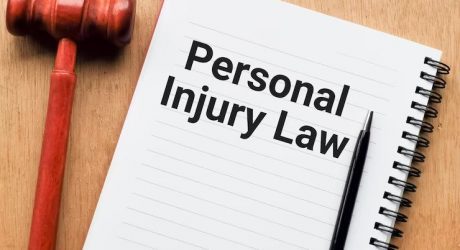Today, it’s common and allowed by the law to sue the police for brutality. This could be a conflict resulting from unfair, unwarranted, and downright abusive.
It is a complicated process when it comes to filing a lawsuit against a police department. Without a doubt, you can expect to experience various downfalls trying to protect your rights.
Hope is not lost though. With the assistance of an experienced New York police brutality attorney to sue the police, you greatly increase your chances of winning your lawsuit claim.
By knowing various law allowances and limitations surrounding your police brutality claim, your case will go much smoother and forces you to stay on course in obtaining legal compensation.
What are Legal Protections for Police and Citizens?

There are federal and state laws that protect citizens from violations by government officials. Police are part of the government, so when you become a victim, you can sue the police. It is your right that prohibits others from violating your civil rights.
Moreover, the police also have their legal protections such as qualified immunity – and it insulates them from lawsuits. The protection is to help them perform their duties effectively.
It is said that police are among the professions with difficult jobs. So, constantly worrying about the lawsuits will make them unable to enforce the law. The good thing, this qualified immunity law doesn’t apply when police willingly act unreasonably. So, when the police act negligently, that won’t be enough to hide behind immunity.
Suing Police for Misconduct:

You may experience police abuses and violations. These are classified as police misconduct. It depends on what you experienced.
Some of these cases could be harassment, excessive force, discrimination, and false arrest. For you to sue the police for brutality, you have to prove the pattern of behavior.
Remember that harassment or discriminatory incidents may not be enough evidence. The law states that police should use reasonable force dealing with citizens. Excessive force can lead to injuries, and experiencing that from a police officer is evidence of brutality. There could be no specific definition of excessive force; thus, the case will depend on the victim.
When you sue a police officer for brutality and win the case, you’re awarded damages or monetary compensation. This falls under restitution for violating civil rights that lead to physical or emotional injuries. Additionally, the court can ask the police officer or police department to pay for punitive damages. And this is punishment for their misconduct.
What to do to sue a Police Officer:

If the police appropriately confronted you and found it brutal, there are things to do to help sue the police. These are things that also help you build a strong foundation for your case.
Call Your Attorney:
First, you have to call your attorney. You have to work with the right attorney, particularly with whom you’re familiar with and experienced in such cases. These cases are complex and difficult to win, so a reliable and experienced attorney will come a long way to help you.
Preserve Evidence:
The other thing is to preserve Evidence of police brutality. These could be pictures of images, clothing, or objects damaged during the incident. You can also talk to people who saw the incident to act as your witness.
File Complaint:
Lastly, you’ve prepared yourself to sue the police with the help of your lawyer, file a complaint. Your lawyer will help you through this process.
Read Also:




























